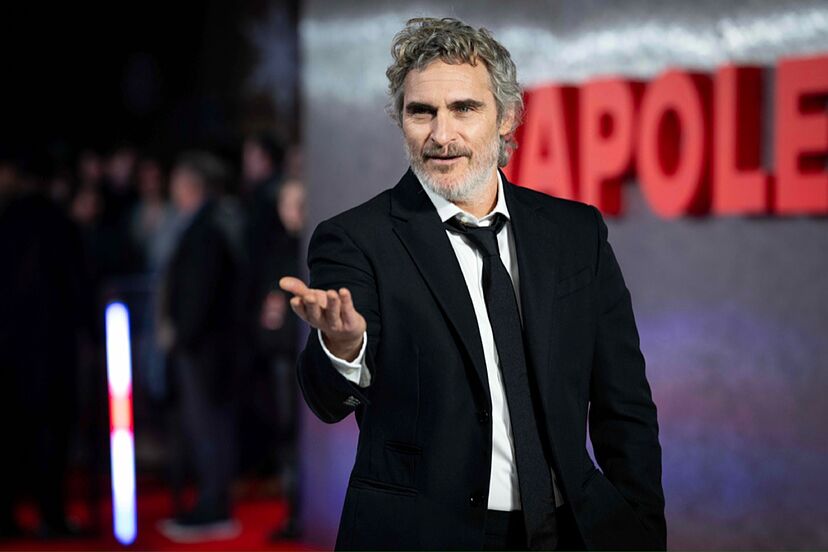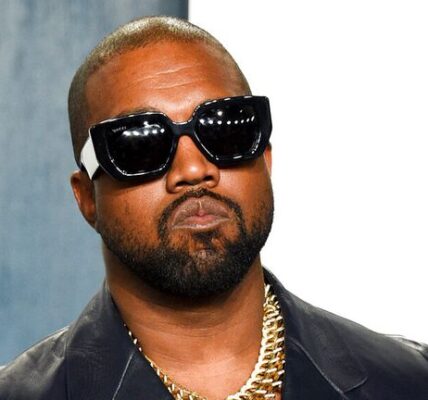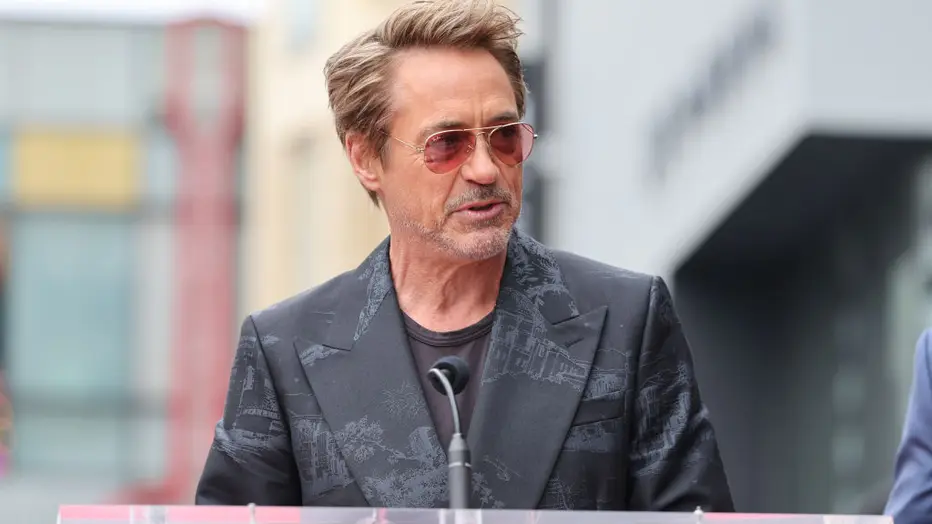Introduction
Joaquin Phoenix is one of the most mystifying and transformational actors to have emerged through the canvas of contemporary cinema. An actor devoted to his work and able to immerse himself into complex, at times deeply troubled characters, Phoenix has established himself as an actor who thrives on exploring boundaries. More than three decades in a career spanning an impressive career that has given him critical acclaim and various accolades, including Best Actor in a Leading Role at the Academy Awards for Joker (2019), where he portrayed Arthur Fleck. His has been a journey marked by the resilience, authenticity, and relentless pursuit of artistic excellence from his days as a child actor to his ascension as one of the most respected actors in Hollywood. Whether as a vengeful gladiator, tormented musician, or socially alienated loner, Phoenix’s intensity and humanity resonate powerfully with both audiences and critics.
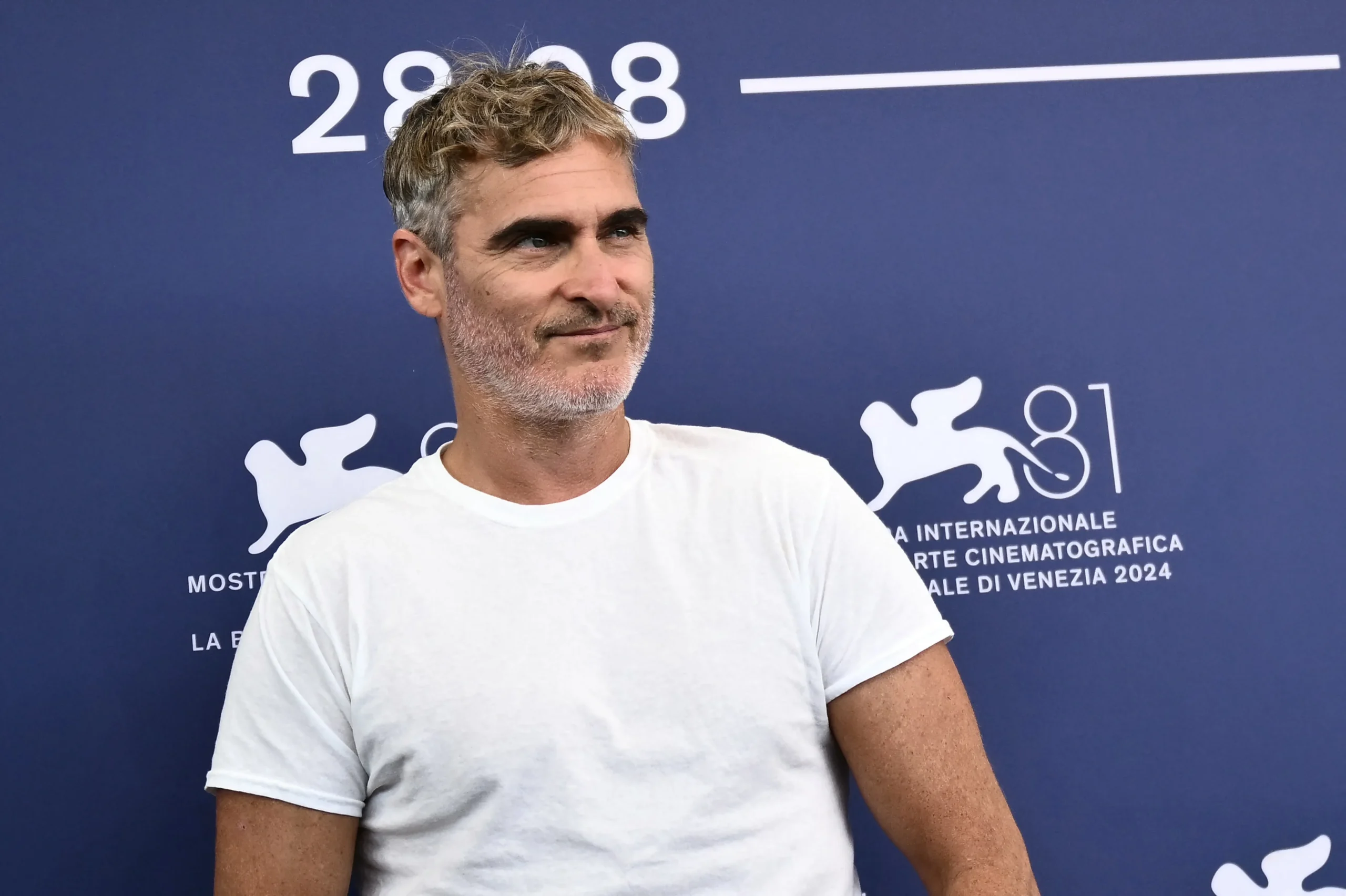
Besides being a great actor, this talented man is an extreme lover of animal rights issues and environmental sustainability and of fighting for social justice; such was the authenticity and fervour displayed on screen. This multivarious personality, off and on screen, needs more than just words from readers. This essay intends to look into the various events of Joaquin Phoenix’s life, about his career, and its implications on the world screen beyond his lifetime.
Early Life and Background
Joaguin Rafael Bottom was born on 28 October 1974 in San Juan, Puerto Rico to parents, Arlyn and John Bottom who belonged to a religious cult group called the Children of God.
He was a middle child to five other siblings, and they had been brought up in creative, unconventional settings. In 1978, the family finally left the group and started a new life, changing their surname to “Phoenix” after the mythical bird said to rise from its ashes. Being born into a close-knit and artistic family, the siblings were encouraged to be creative. His brother River Phoenix was an instant young sensation in acting, and thus, the door was opened for Joaquin to enter the entertainment world. As a child, Joaquin acted in various commercials and television shows with his siblings, showing early signs of his natural talent and charisma.

Phoenix’s major breakthrough was in the movie SpaceCamp of 1986, while his role as a problematic child in Parenthood (1989) gave him another opportunity to shine. Nevertheless, his career went to the backburner following the tragic death of his brother River in 1993. Joaquin stopped acting for a period, dealing with grief and trying to find his identity outside the shadow of his brother’s legacy.
Career Resurgence and Breakthrough Roles
Phoenix returned to acting in the mid-1990s, with a desire to do his own thing. His first big role came in Gus Van Sant’s To Die For (1995), playing a young naive man who is manipulated by a ruthless aspiring TV personality, Nicole Kidman. The movie proved to be a breakout role, and one where Phoenix really went deep into dark, psychologically complex characters, something that would become his hallmark throughout his career.
In the late 1990s, Phoenix delivered notable performances in films like U Turn (1997) and Clay Pigeons (1998), earning a reputation as a dedicated and fearless actor willing to take on unconventional roles.

However, it was his role as the vengeful Commodus in Ridley Scott’s epic Gladiator (2000) that catapulted him to international fame. His performance in the film about the ambition-driven Roman emperor earned Phoenix an Academy Award nomination for Best Supporting Actor and solidified him as one of the most intriguing talents in Hollywood.
Exploring Complex Characters
After the success of Gladiator, Phoenix continued to take on challenging roles, seeking to explore his emotions and creativity. He starred in M. Night Shyamalan’s psychological thriller Signs (2002), and worked again with Shyamalan in The Village (2004). Both Signs and The Village demonstrated the range of authenticity and emotional resonance that Phoenix could bring to suspenseful narratives.
In 2005, Phoenix took on one of the most challenging roles of his career, playing country music icon Johnny Cash in Walk the Line.
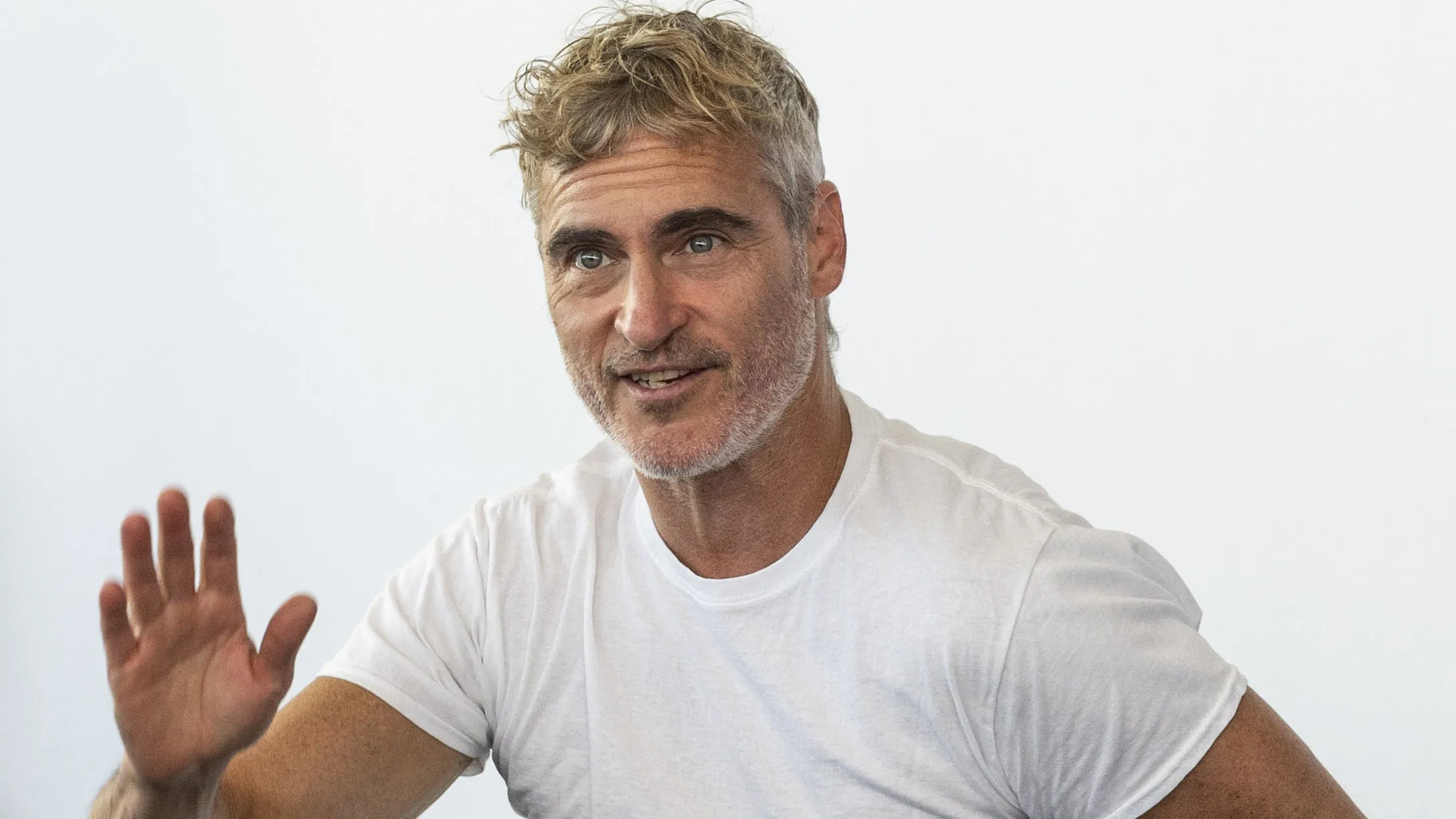
The biographical drama told Cash’s story, which was filled with highs and lows through fame, addiction, and redemption, and Phoenix performed all his singing for the movie. This transformation earned him critical acclaim, a Golden Globe Award, and an Academy Award nomination for Best Actor. This role cemented Phoenix’s reputation as an actor who could become fully submerged in his characters, both physically and emotionally.
Breaking the Mold
In the late 2000s, Phoenix began to increasingly demonstrate a willingness to break the mold and tell unorthodox stories. He worked with director James Gray on We Own the Night (2007), Two Lovers (2008), and later The Immigrant (2013), bringing subtlety to each role that delved into love, loyalty, and identity.
In 2010, Phoenix shocked audiences with the mockumentary I’m Still Here, directed by his brother-in-law Casey Affleck. The film followed Phoenix’s staged “retirement” from acting and his attempt to launch a rap career, blurring the lines between reality and fiction. While the project received mixed reactions, it demonstrated Phoenix’s fearless approach to storytelling and his willingness to take creative risks.
The Modern Phoenix: Critical Acclaim and Stardom
Phoenix went through critical acclaim and artistic triumph throughout the 2010s. In 2012, he acted in The Master, which was the creation of Paul Thomas Anderson. This was a fantastic performance from him as Freddie Quell, a veteran of World War II attracted to an inspirational leader who is interpreted by Philip Seymour Hoffman. His portrayal of Quell’s inner turmoil and vulnerability won him the third Oscar nomination and helped Phoenix solidify his position among the brightest acting talents in his generation.
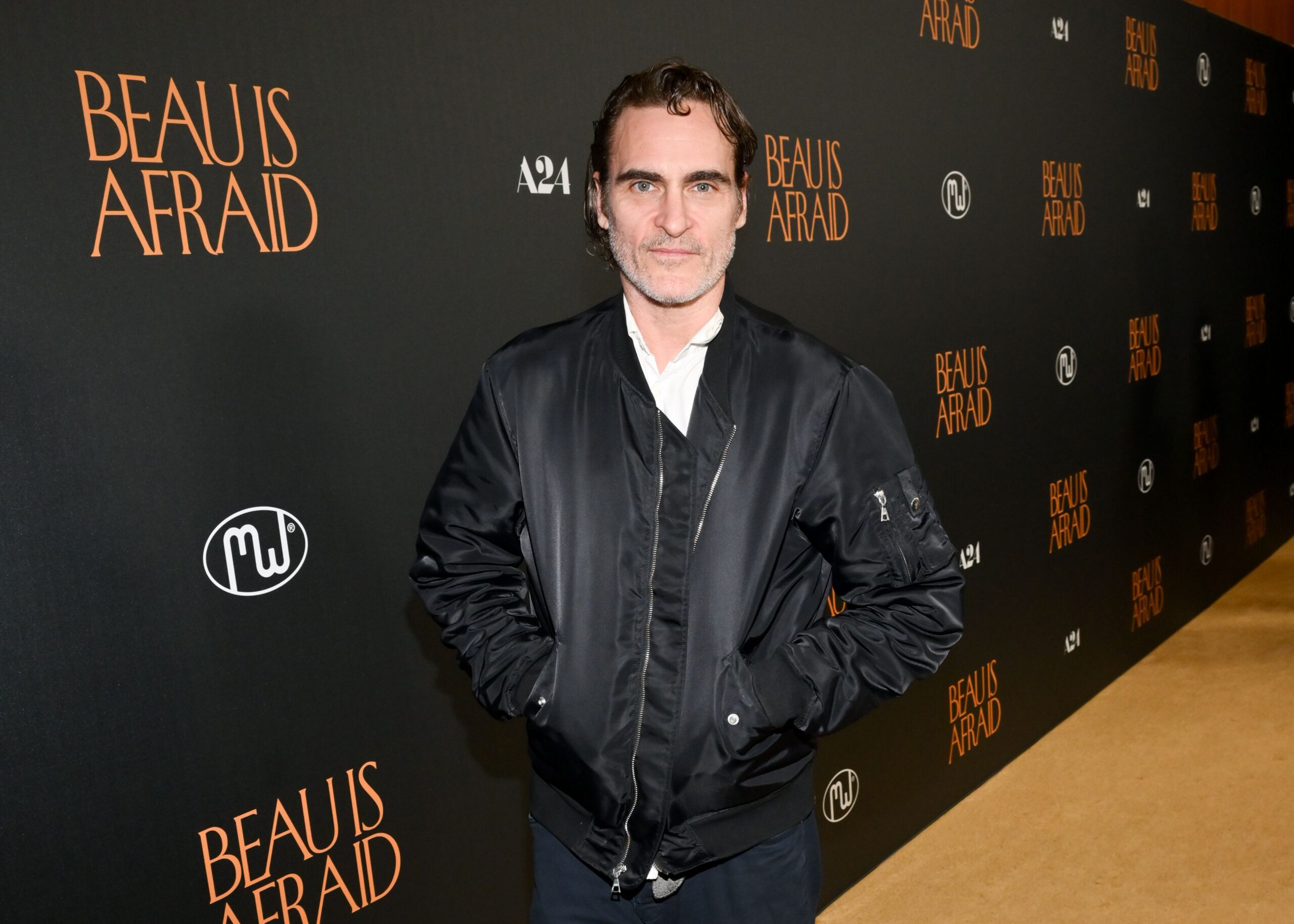
In 2013, Phoenix acted in Spike Jonze’s Her, a poignant sci-fi romance that looked into human connections in the digital age. As Theodore Twombly, a lonely writer who falls in love with an artificial intelligence, Phoenix brought warmth, sensitivity, and emotional depth to the role. The film was a critical and commercial success, with many praising Phoenix’s ability to convey complex emotions with subtlety and nuance.
The Joker Phenomenon
His career reached new heights with his portrayal of Arthur Fleck in Todd Phillips’ Joker (2019), an origin story for the iconic Batman villain, reimagined in this film as a deeply unsettling and emotionally charged narrative of a man’s descent into madness. For the role, Phoenix underwent a dramatic physical transformation, losing considerable weight to embody the frail and tormented character.
His performance became largely acclaimed, with criticism indicating that he could get someone to feel sympathy along with terror. Phoenix delivered Joker in a raw, haunting way, which was profoundly human to give it one of the biggest talked-about performances for years. He won all accolades for the performance with the Academy Award of Best Actor, thus settling as one of the biggest movie stars of his era.
Personal Life and Activism
Outside of his acting career, Phoenix is a passionate advocate for animal rights and environmental sustainability. A lifelong vegan, he has been involved with organizations such as PETA and the Humane Society, using his platform to raise awareness about animal cruelty and the benefits of plant-based lifestyles. In 2020, he made headlines with his Academy Award acceptance speech, where he called for compassion and systemic change in the treatment of animals and the environment.
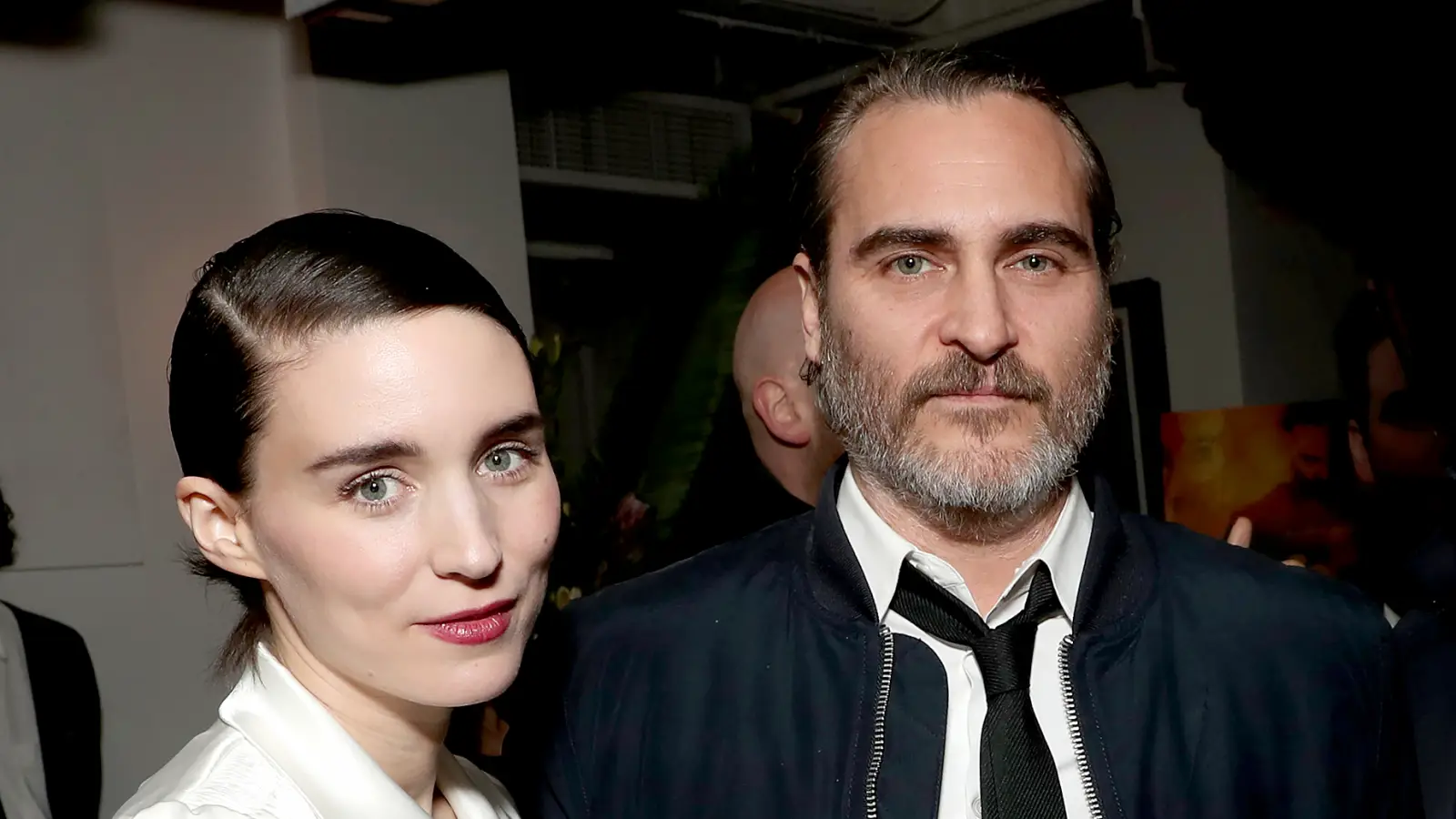
Phoenix is equally renowned as a private man and the one who finds privacy most important to live beyond his public life. He had been in a relationship for such a long time with an actress Rooney Mara, having a child with her-son whom they named River in memorial of his recently deceased brother.
Legacy and Cultural Impact
Joaquin Phoenix’s career is a testament to the power of transformative storytelling and fearless artistry. His ability to immerse himself in complex characters and bring humanity to even the darkest roles has made him a standout figure in modern cinema. Beyond his artistic achievements, Phoenix’s activism and authenticity have inspired audiences worldwide, proving that great art can also drive meaningful change.
As he continues to take on the most challenging and diverse roles, Phoenix’s influence on the film industry and culture at large remains undeniable. His dedication to his craft and his unyielding commitment to his values make him a true icon of his generation, whose legacy will undoubtedly endure for decades to come.

